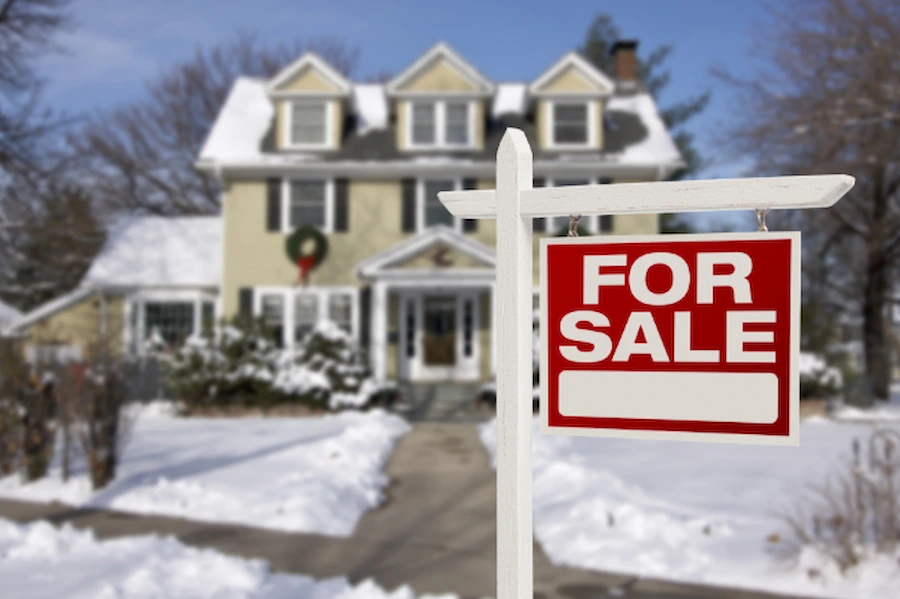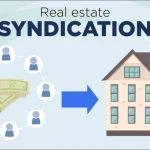If you’re a beginner looking to break into real estate without massive capital or long-term commitments, wholesaling real estate is an excellent starting point. This strategy allows you to earn profits by connecting sellers with buyers and earning assignment fees—without ever owning the property. Many newcomers are drawn to the promise of fast money, but success requires understanding the process, avoiding common pitfalls, and learning legal compliance. In this guide, we’ll break down everything you need to know, step by step, to start making money in wholesaling today.

Content
What Is Wholesaling Real Estate?
At its core, wholesaling real estate involves finding a property, securing it under contract, and then selling that contract to an end buyer for a profit. Unlike flipping, you don’t need to renovate or own the property. Your goal is to act as a middleman, connecting motivated sellers with investors ready to close quickly.
The key to success is understanding that wholesaling is about speed, negotiation, and finding opportunities. Unlike traditional real estate investment, which requires significant capital and risk, wholesale deals can often close in a matter of weeks.
How Wholesaling Works: Step-by-Step

Step 1 – Finding Motivated Sellers
The first step in wholesaling real estate is identifying motivated sellers—property owners eager to sell quickly, often below market value. You can find these leads through:
- Online listings and foreclosure auctions
- Direct mail campaigns
- Networking with real estate agents and investors
Building a strong pipeline of motivated sellers ensures you always have deals to work on. Remember, speed is key in real estate deals for beginners, so focus on sellers who are ready to close quickly.
Step 2 – Negotiating and Securing a Contract
Once you identify a property, the next step is negotiating a purchase contract. This agreement should include contingencies that allow you to assign the contract to another buyer. Always clarify the assignment clause to avoid legal issues.
Properly securing contracts is essential in wholesale property investing, as a poorly structured agreement can lead to disputes or deal cancellations. Work with a real estate attorney if necessary to ensure all legal requirements are met.
Step 3 – Marketing to Buyers
With a contract in hand, your next task is to find a buyer. Successful wholesalers maintain a list of cash buyers, investors, or landlords actively looking for deals. Marketing strategies include:
- Email campaigns to buyer lists
- Social media outreach
- Networking events
This step is where you actually start making money in wholesaling. The more qualified buyers you have, the faster you can close your deals.
Step 4 – Closing the Deal
The final step is assigning the contract to your buyer or conducting a double closing. Assignment fees are your primary profit in most deals. For example, if you secure a property for $150,000 and assign it to a buyer at $165,000, your $15,000 fee is your earnings without ever holding the deed.
Quick closings and a smooth transaction process are essential. This is the moment when your efforts in finding motivated sellers and building a buyer network pay off.
Legal Considerations in Wholesaling
Though profitable, wholesaling real estate comes with legal responsibilities. Compliance is critical to avoid licensing violations or accusations of misrepresentation. Key considerations include:

- Understanding state-specific licensing laws
- Disclosing your role as a contract assignor
- Avoiding misleading advertising
Many beginners overlook legal compliance, which can turn a profitable deal into a costly mistake. Always consult with an attorney if unsure about local regulations.
Common Mistakes Beginners Make
Even experienced investors can slip up. Some common errors include:
- Overpaying for contracts and reducing profit margins
- Failing to build a solid buyer’s list, delaying deals
- Ignoring legal requirements, which can result in penalties
By learning from these mistakes early, beginners can save time, money, and legal headaches in wholesale property investing.
Tips for Success in Wholesaling Real Estate
- Build a Strong Network – Maintain a robust list of buyers and real estate professionals.
- Use Online Tools – Platforms like Zillow, PropStream, and Craigslist can help generate leads.
- Start Small and Scale – Begin with smaller contracts to learn the ropes before tackling larger deals.
Following these strategies increases your chances of profitable deals while staying compliant and efficient.
Case Study: A Beginner’s First Wholesale Deal
Jessica, a first-time investor, found a distressed property listed at $140,000. She secured it under contract for $135,000 with an assignment clause. After contacting her buyer list, she assigned the contract to a local investor at $150,000.
- Contract price: $135,000
- Assignment fee: $15,000
- Time from contract to closing: 14 days
Jessica’s success demonstrates that even beginners can earn quick real estate profits when following proper steps, building networks, and complying with legal requirements.
Conclusion
Wholesaling real estate offers a fast, low-capital path into property investing. By finding motivated sellers, securing contracts, and connecting with buyers, beginners can earn profits quickly while learning the real estate market. Legal compliance, careful planning, and consistent networking are key to long-term success. Start small, stay informed, and soon, wholesaling could become a reliable source of income.
FAQs
What is wholesaling in real estate?
Wholesaling is finding properties under contract and selling that contract o a buyer for a fee, without owning the property.
How much money can I make wholesaling real estate?
Earnings vary, but beginners often earn $5,000–$20,000 per deal depending on the property and buyer network.
Do I need a real estate license to wholesale?
Licensing rules differ by state. Some states allow contract assignment without a license, but legal advice is recommended.
How do I find motivated sellers?
Use online listings, direct mail, networking, foreclosure auctions, and social media to connect with motivated sellers.

With a passion for matching clients with their dream homes, Mary’s experience and knowledge of the real estate market make her a trusted advisor. She’s your go-to expert for buying or selling properties in the heart of the city.












